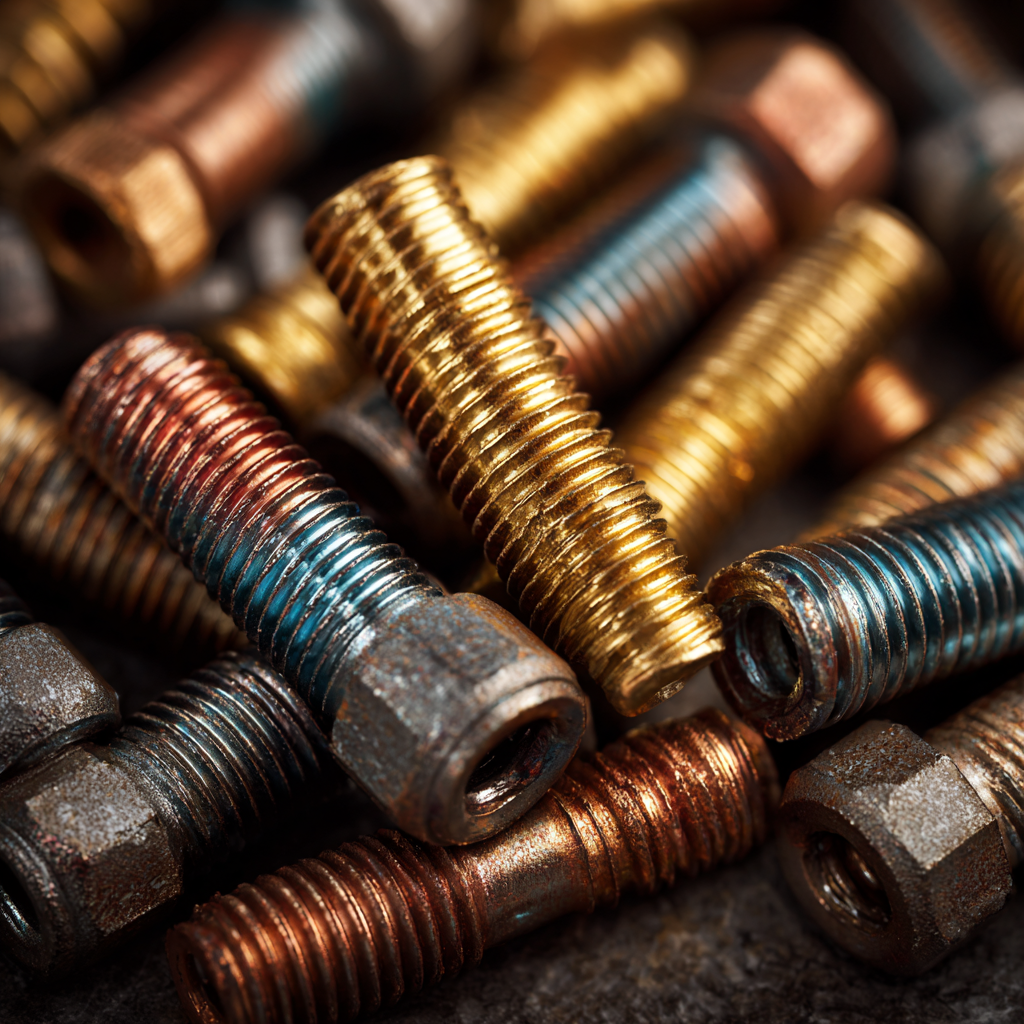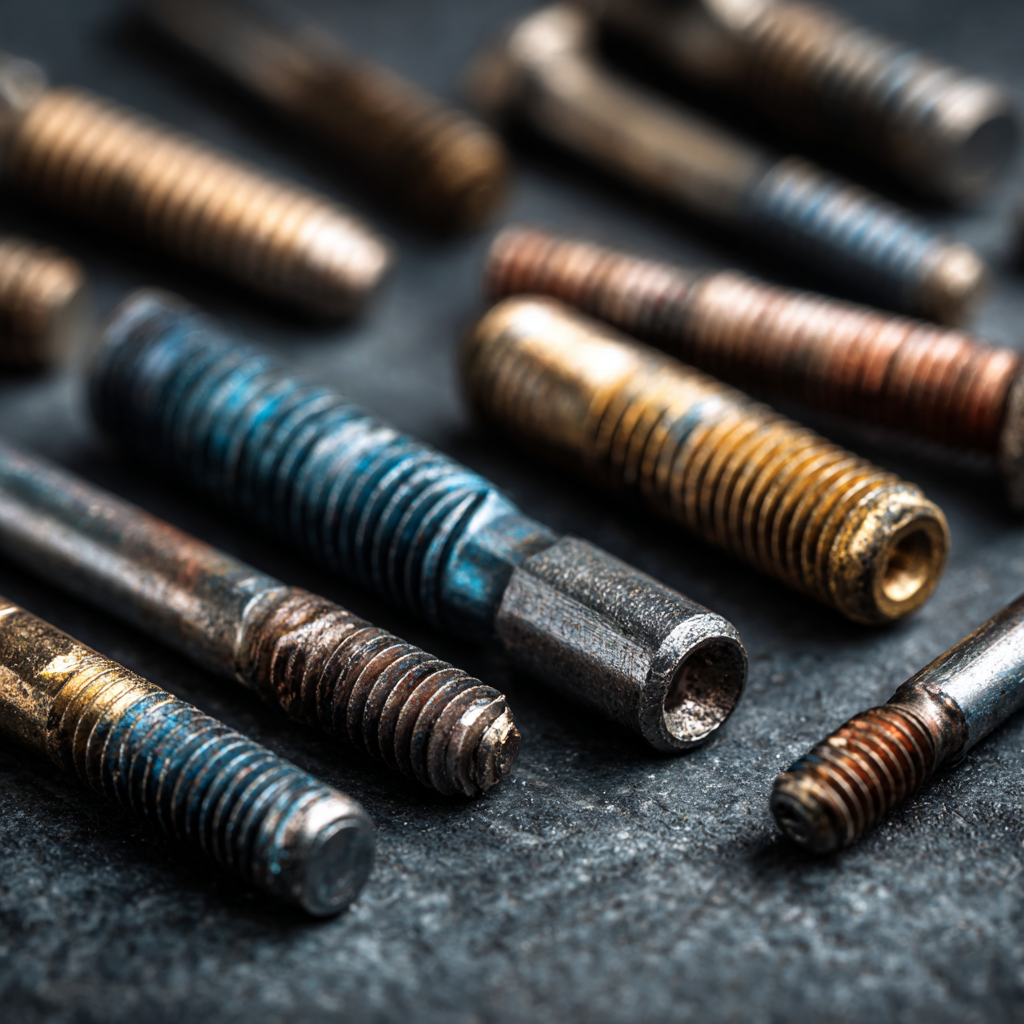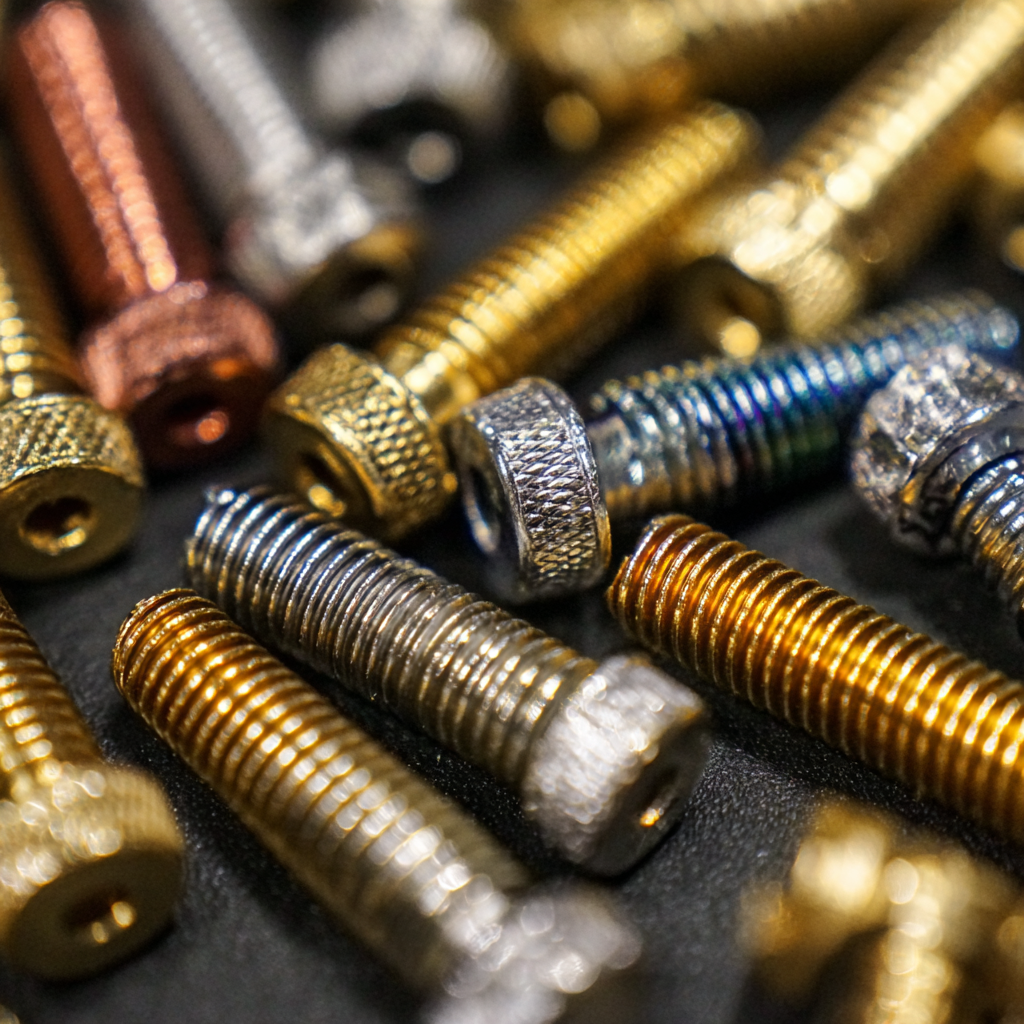
In today's competitive manufacturing landscape, sourcing high-quality Thread Taps is essential for achieving global procurement success. As industries increasingly rely on precision engineering and efficient production methods, understanding the nuances of Thread Taps becomes crucial.

This ultimate guide will delve into the key factors that influence the selection of the best Thread Taps, including material specifications, manufacturing processes, and supplier reliability.
Additionally, we will explore the reasons why a strategic approach to sourcing these indispensable tools can significantly impact operational efficiency and cost-effectiveness. By leveraging the right information and insights, procurement professionals can make informed decisions that not only meet their quality standards but also enhance their overall production capabilities.
Join us as we uncover the essential elements that will empower your sourcing strategy for Thread Taps in a global marketplace.
When it comes to sourcing thread taps for global procurement, understanding the different types available in the market is crucial. Thread taps are essential tools used for cutting internal threads into materials, ensuring that screws and bolts fit securely. There are various types of thread taps, each designed for specific applications, such as hand taps, machine taps, and spiral taps. Hand taps are generally used for manual threading, whereas machine taps are suited for mass production and automated processes. Spiral taps, with their unique design, are ideal for softer materials and help to reduce friction during operation.
The diversity in thread taps reflects the complexities found in industries like oil and gas, where precision and adaptability are paramount. Specialized taps used in tapping for oil extraction are engineered for durability and efficiency, capable of withstanding harsh environments. Meanwhile, innovations in materials, like those introduced in the textiles market, continuously enhance the functionality and flexibility of these tools. With so many options available, understanding the distinctive features and benefits of each type is imperative for procurement professionals aiming to make informed decisions and achieve success in their projects.
| Type of Thread Tap | Material | Coating | Applications | Price Range (USD) |
|---|---|---|---|---|
| Spiral Point Tap | High-Speed Steel (HSS) | Titanium Nitride (TiN) | Through Hole Tapping | $10 - $30 |
| Spiral Flute Tap | High-Speed Steel (HSS) | Cobalt | Blind Hole Tapping | $15 - $50 |
| Taper Tap | High-Speed Steel (HSS) | Silver | General Purpose | $5 - $20 |
| Bottoming Tap | High-Speed Steel (HSS) | TiN | Precise Depth Tapping | $8 - $25 |
| Plug Tap | High-Speed Steel (HSS) | Coated Steel | General Purpose | $7 - $22 |
When selecting thread taps for global procurement, several key factors must be taken into account to ensure optimal performance and compatibility. First and foremost, it's essential to understand the material composition and compatibility of the taps with the intended application. Different materials, such as high-speed steel and carbide, offer varying levels of durability and cutting efficiency. Assessing the specific requirements of your project, including the type of material to be tapped, will greatly influence the selection process.
Another crucial factor is the design and specifications of the thread tap itself. Thread pitch, diameter, and the type of threading—fine or coarse—should align with the industrial standards required for your application. Moreover, consider the tapping method to be used, whether it’s hand tapping or machine tapping, as this can affect the necessary size and type of tap. Ensuring that your selection matches the operational parameters will not only enhance workflow efficiency but also reduce the risk of manufacturing defects. Remember, thoughtful consideration of these factors can lead to more successful global procurement strategies.

When it comes to sourcing the best thread taps for global procurement success, understanding the material types is crucial. The comparative analysis of thread tap materials reveals that each offers unique benefits tailored to specific applications. Steel taps provide excellent durability, while carbide taps are recognized for their superior performance in high-speed machining environments. However, recent research highlights the increasing importance of coatings in enhancing the longevity of thread taps, particularly during processes like extrusion.
Tips: When selecting thread taps, consider the nature of your application. For heavy-duty tasks, high-speed steel taps may be suitable, but for precision work, coated carbide taps could be a better choice. Additionally, pay attention to the wear characteristics influenced by coatings, as they can significantly affect tool life and productivity.
Using coatings not only reduces the wear on taps but also improves their overall performance. Based on numerical simulation and experimental investigations, the right coating can lead to substantial reductions in wear rates and enhance the effectiveness of the tap in various materials. Therefore, investing in high-quality coated taps could lead to improved operational efficiency in your manufacturing processes.
When evaluating thread tap suppliers for quality and reliability, it's essential to establish clear criteria that align with your procurement goals. One key factor to consider is the supplier’s manufacturing processes. Look for suppliers who utilize advanced technologies and consistent quality control procedures to ensure that their thread taps meet industry standards. Additionally, check for certifications such as ISO 9001, which indicate that the supplier adheres to international quality management systems.
Tip: Always request samples before making bulk purchases. Testing the samples can provide insights into the supplier's product quality and performance under different conditions.
Another important consideration is the supplier's reputation in the industry. Research the supplier's track record by reading customer reviews, ratings, and testimonials. A reliable supplier should have a proven history of on-time deliveries and excellent customer service. Don't hesitate to reach out to other procurement professionals for their experiences and recommendations.
Tip: Consider setting up a site visit to the supplier's facility. A firsthand look at their operations can offer reassurance about their commitment to quality and help build a stronger business relationship.

Thread taps are essential tools in machining operations, requiring proper maintenance to ensure longevity and optimal performance. According to a report by the Machinery and Equipment Manufacturers Association (MEMA), regular maintenance can extend the lifespan of thread taps by up to 30%. This is crucial for industries where precision and efficiency are paramount, such as aerospace and automotive manufacturing.
One key maintenance tip is to ensure taps are cleaned after each use, removing debris and cutting fluids that can lead to wear and corrosion. The National Institute for Metalworking Skills (NIMS) recommends using a soft brush and a suitable solvent for optimal cleaning results. Additionally, storage plays a vital role; taps should be kept in a dry, dust-free environment to prevent oxidation. A 2021 study from the Industrial Tool Association found that improper storage leads to a 15% increase in tap failure rates within the first year of use.
Lubrication is also an essential maintenance practice that shouldn’t be overlooked. Applying appropriate cutting oils can significantly reduce friction during operation, enhancing tool efficiency and ensuring a smoother cutting action. According to the American Society of Mechanical Engineers (ASME), the right lubricant can decrease wear rates by approximately 20%, contributing to improved productivity in production environments. Implementing these maintenance strategies will not only increase the lifespan of thread taps but also optimize overall operational efficiency.

